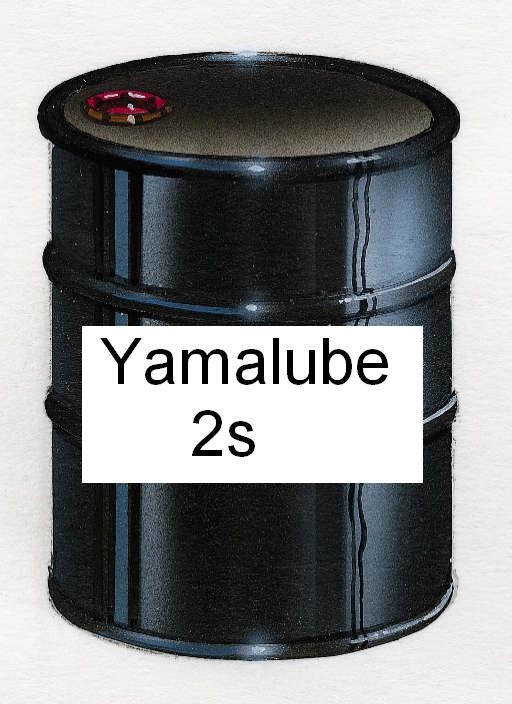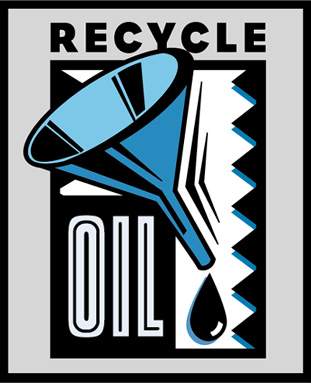An ultralight boat, or flying boat, is a hang glider wing mounted on a small inflatable boat with an outboard engine. The hull is made to meet rescue boat standards, the hull is designed for crosswind landings, and there is the capability to connect a parachute for emergency purposes. In the United States, it is not necessary to hold a pilot’s license to fly a boat of this nature, but there are industry groups who regulate their operation, such as the United States Ultralight Association (USUA). There are different ratings that have to be earned to drive a craft such as this, such as that of a Basic Flight Instructor (BFI). If you live outside the United States, you need to check with local air authorities for the most current regulations being enforced in your area.
There are many rules governing the flying of ultralight boats. If you are outside the U.S., you will need to check with local air authorities for your area. Inside the U.S., your craft cannot be rented out for profit, and it is unlawful to have a passenger aboard unless you are a rated instructor training a student. (Aerosports Connections has a website that may be able to provide more information on student training guidelines.) In the U.S., an ultralight boat may be flown in areas that meet requirements for ultralight aircraft, largely non-congested areas that are located in uncontrolled airspace. You may not fly near airports, nuclear plants, military bases, or cities, and you are not permitted to land your ultralight boat in state or national parks. It is also not generally a good idea to land on private lakes. The maximum cruising level for an ultralight boat in the United States is 8,000 feet, but many say 1,000 feet is an optimum altitude-trees can be cleared, but visibility is clear at this level, weather permitting. You must land and take off on water, and there needs to be about 200 feet of free water to take off or land and it should be an absolute minimum of six feet deep.In terms of ultralight boat safety, the best practice is to maintain the craft-keeping plenty of bulk outboard motor oil on hand–and respect the weather!
Did you like this? Share it:
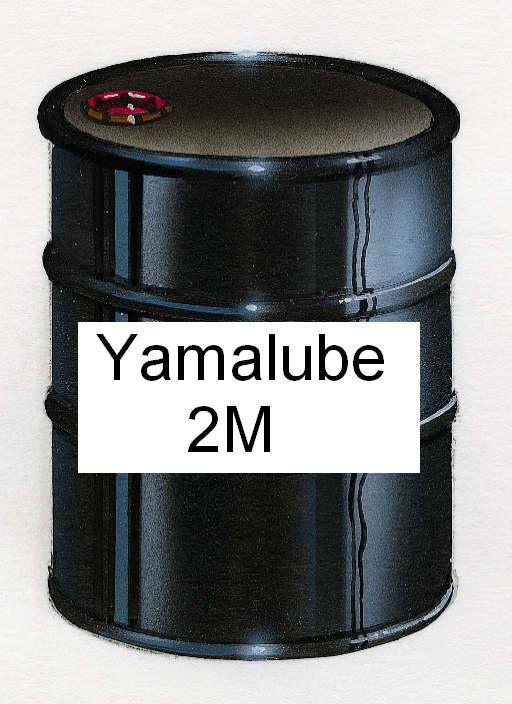


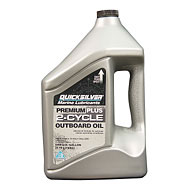
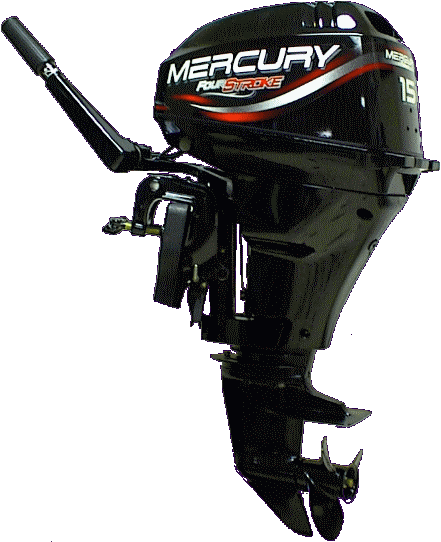
 With the whole world going green, scientists have been hard at work developing synthetic forms of oil. One such oil scientists have been working on for some time is a vegetable oil similar to the stuff many people used to cook their food. This vegetable based chemical oil promises a cleaner more renewable alternative to petroleum-based motor oil. In addition, it is possible that this oil could be produced cheaper, and offer a number of performance enhancing benefits such as preventing engines from overheating, protection from corrosion, and better lubrication.
With the whole world going green, scientists have been hard at work developing synthetic forms of oil. One such oil scientists have been working on for some time is a vegetable oil similar to the stuff many people used to cook their food. This vegetable based chemical oil promises a cleaner more renewable alternative to petroleum-based motor oil. In addition, it is possible that this oil could be produced cheaper, and offer a number of performance enhancing benefits such as preventing engines from overheating, protection from corrosion, and better lubrication.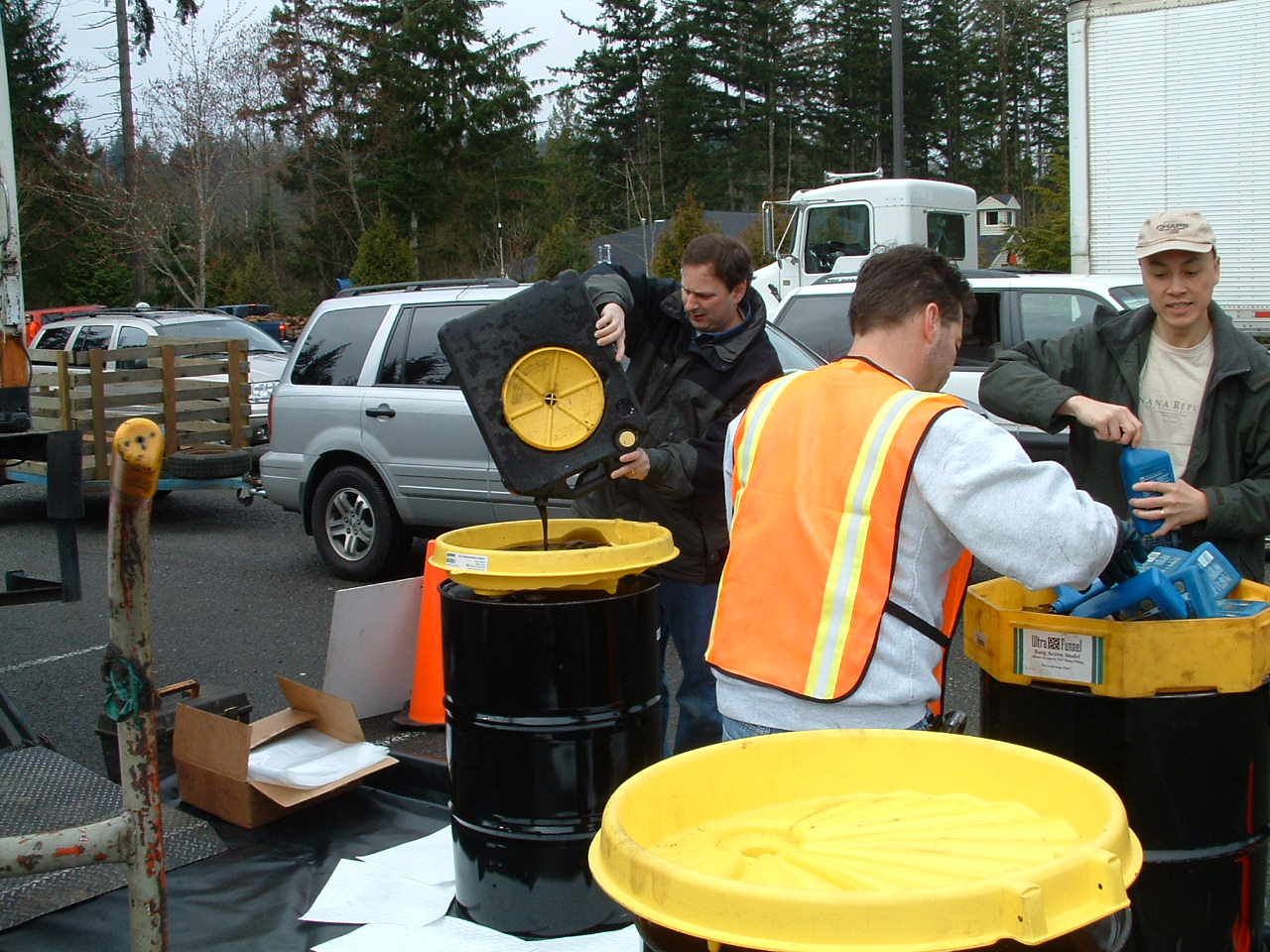
 In such an uncertain economy, the thought of buying or maintaining a boat – an expensive endeavor – may seem a little outlandish. Boat sales are down substantially as the price of materials and oil steadily rise. According to the National Marine Manufacturer’s Association, 2007 new boat sales totaled $14.4 billion, a five percent decrease from 2006. Boat manufacturers are struggling to find technologies that will decrease prices and draw in customers.
In such an uncertain economy, the thought of buying or maintaining a boat – an expensive endeavor – may seem a little outlandish. Boat sales are down substantially as the price of materials and oil steadily rise. According to the National Marine Manufacturer’s Association, 2007 new boat sales totaled $14.4 billion, a five percent decrease from 2006. Boat manufacturers are struggling to find technologies that will decrease prices and draw in customers.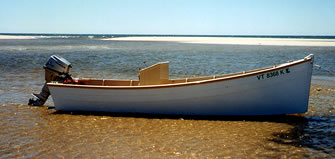

 Just as consumers were starting to breathe easier, gas prices took a huge hit as Hurricane Ike slammed into the Gulf Coast over the weekend. Areas hardest-hit by the sudden and steep increase included Michigan, a state already riddled with economic hardships in Detroit.
Just as consumers were starting to breathe easier, gas prices took a huge hit as Hurricane Ike slammed into the Gulf Coast over the weekend. Areas hardest-hit by the sudden and steep increase included Michigan, a state already riddled with economic hardships in Detroit.